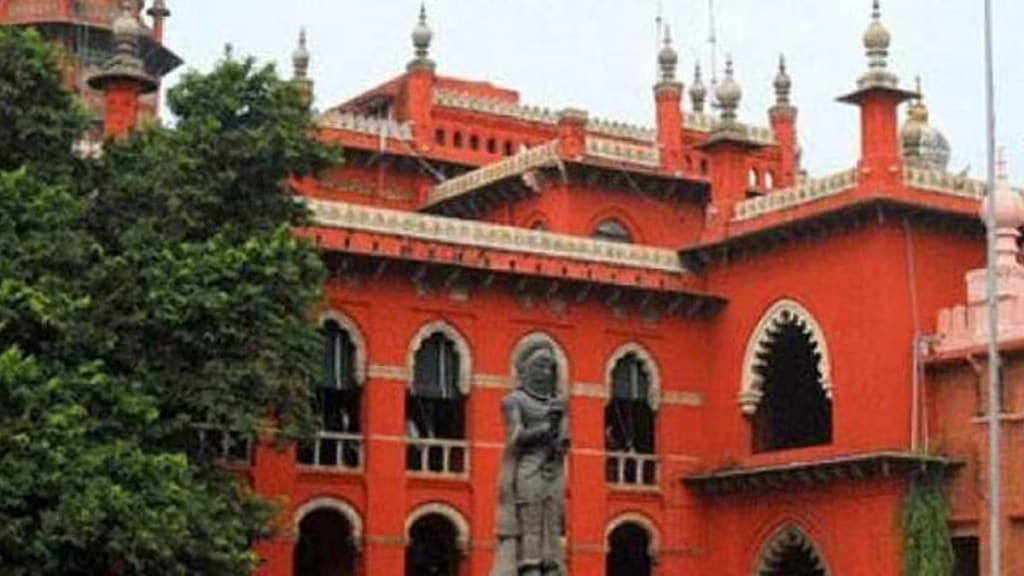In a judgment, the Madras High Court has ruled that insurance companies must compensate the family of a deceased victim, even if the driver at fault was intoxicated at the time of the accident. This decision provides relief to families who might have been denied compensation due to specific clauses in insurance policies.
The case was presided over by Justice M. Dhandapani, who referenced a similar ruling from the Kerala High Court in the case of Muhammed Rashid @ Rashid vs. Girivasan E.K. In that instance, the Kerala court had determined that even though the insurance policy prohibited driving under the influence, insurers were still obligated to compensate victims, with the right to recover the sum from the insured party afterward. Following this precedent, the Madras High Court directed the insurance company to initially pay the compensation amount and, if needed, pursue recovery from the vehicle owner.
The case stemmed from a tragic accident on December 30, 2017, in which Rajasekaran, a 37-year-old man, was fatally struck by a van while walking on Thiruneermalai Main Road, Chennai. The family of Rajasekaran sought compensation of Rs 65 lakh, but the Motor Accident Claims Tribunal (MACT) awarded only Rs 27,65,300, absolving the insurance company due to the driver’s intoxication.
The family disagreed with the MACT’s decision and appealed, arguing that the compensation was insufficient and that the tribunal had wrongly assessed the deceased’s income. While the tribunal had pegged his earnings at Rs 13,700 per month, the family contended that his actual daily income was Rs 700. The High Court agreed with the family’s arguments, increasing the monthly income estimate to Rs 15,000 and raising the total compensation to Rs 30,25,000, with 7.5% annual interest.
Justice Dhandapani emphasised that the families of victims should not be penalised due to violations committed by drivers, reinforcing the obligation of insurance companies to provide timely compensation. The court instructed the insurance company to deposit the revised compensation within six weeks and allowed them to seek recovery from the responsible party through legal channels.

